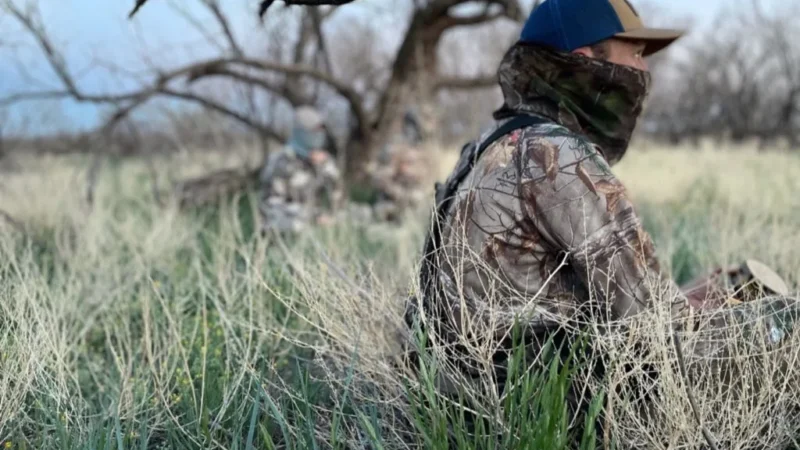How Nature Helps Us Heal Through Loss
Loss is an experience that touches every life. Whether it’s the passing of a loved one, a relationship ending, or another form of grief, the world can suddenly feel smaller and emptier. Yet, within nature, there’s a quiet, enduring reminder that life continues. The natural world has long been a refuge for those seeking comfort, helping us reconnect with something larger and timeless when words and logic fall short.
Table of Contents
The Healing Power of Being Outdoors
There’s something profoundly soothing about being surrounded by trees, wind, and open sky. Nature invites us to slow down, to breathe deeply, and to observe cycles of growth and renewal. Studies have shown that time spent outdoors can reduce stress, lower blood pressure, and help regulate emotions, but beyond science, it’s the feeling of connection that makes nature so powerful in times of grief.
A quiet walk through a forest or along a riverside allows space for reflection without pressure. The rustling of leaves and the rhythm of waves seem to mirror the emotions we can’t always express aloud. Nature doesn’t rush us to “move on.” Instead, it gives us permission to simply be, to exist with our feelings, however messy or complex they may be.
Finding Meaning Through Natural Cycles
In moments of deep loss, it can feel as though the world has stopped. Yet, nature continues to turn, the sun rises, the tides move, and the seasons shift. This constancy can be both grounding and reassuring. It reminds us that endings are not always permanent; they make way for transformation and renewal.
When we see a barren winter give way to the tender greens of spring, or a fallen tree nourishing new saplings, we’re reminded that life doesn’t disappear, it changes form. This perspective can bring gentle comfort, helping us see our loved ones as part of that ongoing cycle rather than something completely lost to time.
Rituals of Remembrance in Nature
Many people find solace in creating rituals that connect memory with the natural world. Gardening, for example, allows us to nurture something living in memory of someone we’ve lost. Each sprouting leaf becomes a quiet tribute, a way of keeping connection alive.
Others turn to acts that symbolize renewal more directly. To plant a tree in remembrance is to create a lasting, living memorial, one that grows and changes with the passing years. Watching that tree take root and thrive offers a tangible reminder that love, like nature, continues to endure. Such gestures feel especially fitting because they transform grief into growth, loss into life.
Nature as a Silent Companion
Grieving often feels lonely, even in the company of others. But nature offers companionship without expectation. Sitting beside a lake or beneath a tree, we may find ourselves speaking softly to those we miss, not out loud, perhaps, but in thought. The landscape becomes a listener, absorbing pain without judgment.
These moments in stillness can lead to surprising clarity. Sometimes, we remember something joyful. Sometimes, we cry. And sometimes, we simply breathe. Over time, that breathing becomes deeper, steadier, a sign that healing, however slow, has begun.
Returning to the World with New Roots
Healing through nature doesn’t mean forgetting or erasing pain. It means allowing it to exist alongside beauty. The same rain that falls on our tears nourishes new life. The same sunlight that once seemed harsh begins to warm us again.
Eventually, we may find ourselves feeling gratitude amid grief, gratitude for the love we had, for the memories we hold, and for the reminder that life continues in ways both visible and unseen. By embracing nature’s rhythm, we learn that healing doesn’t follow a straight path; it’s a gentle spiral that returns us, again and again, to moments of connection and renewal.
In the end, nature helps us heal not by taking away our sorrow but by holding it within a greater story, one where everything is connected, and nothing truly ends. Through the whisper of trees, the curve of a river, and the bloom of a flower, we remember: even in loss, life endures.


